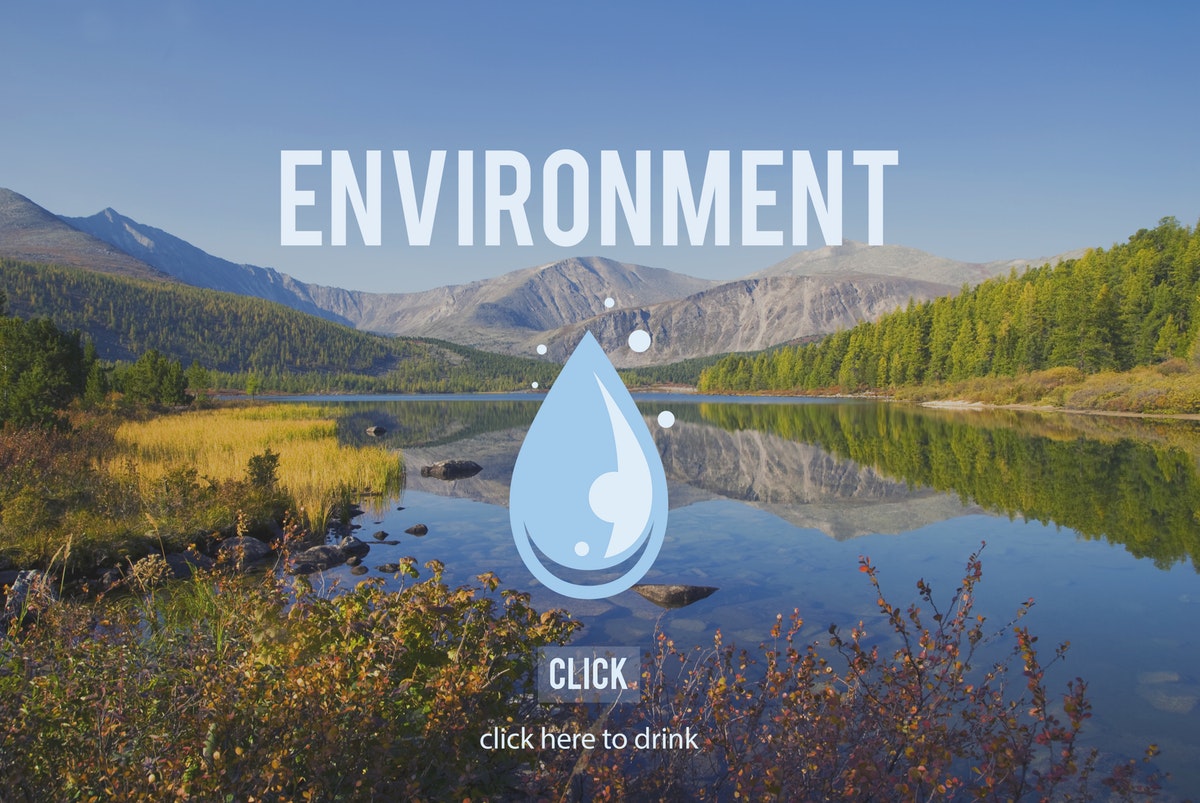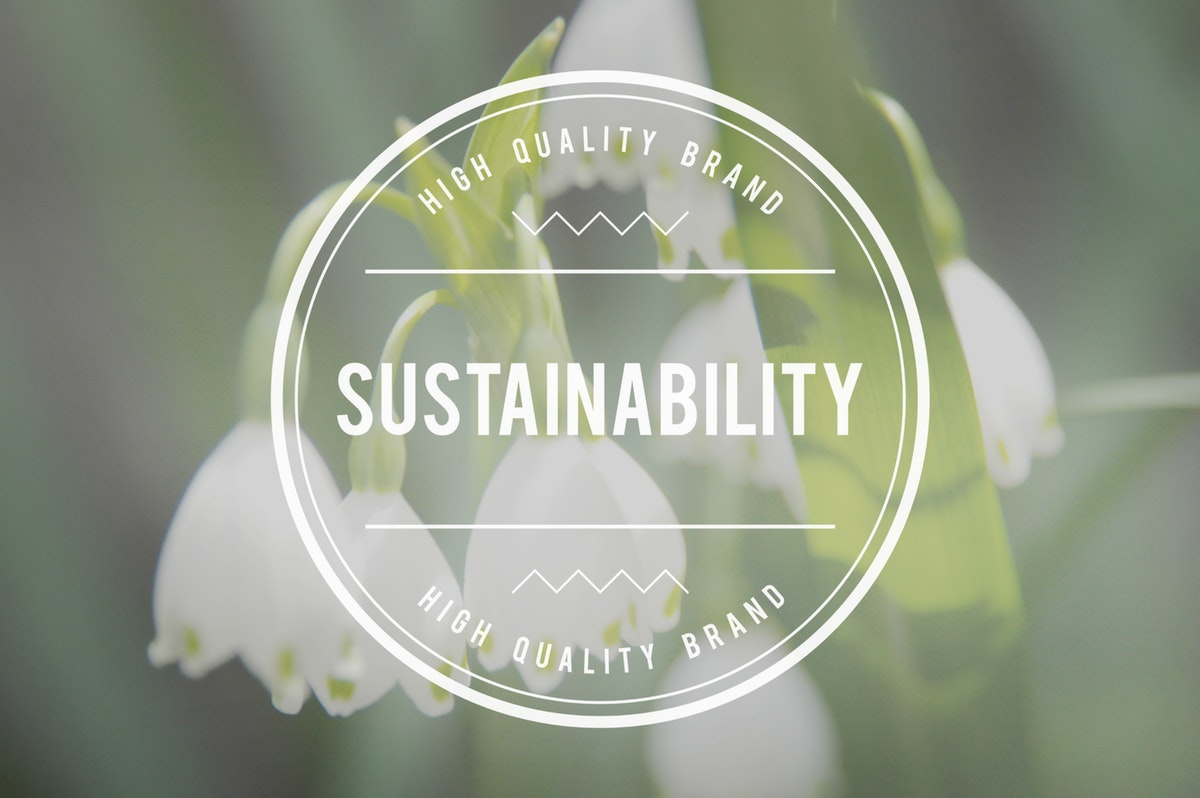The demand for tourism can be defined in various ways. The most common definition defines tourism demand as the total number of persons who travel or wish to travel, and use tourist facilities and services at places away from their places of work or residence. Therefore, the travel sector defines demand as the number of consumers who travel and use tourism facilities in a given timescale.
Elaborated by: Media Suite, Greece
At the beginning of the 80s, the term and concept of “sustainability” were known and popular only by a small group of environmentalists and environmental economists. However, due to the awareness of a heavy deterioration of the human environment and the natural resources, sustainable development has been put on the international political agenda by the UN, namely the Brundtland Commission.
Elaborated by: Media Suite, Greece
Entrepreneurship: The capacity and willingness to develop organize and manage a business venture along with any of its risks in order to make a profit. The most obvious example of entrepreneurship is the starting of new businesses. Entrepreneurial spirit is characterized by innovation and risk-taking, and is an essential part of a nation's ability to succeed in an ever changing and increasingly competitive global marketplace.
Elaborated by: Media Suite, Greece
Innovation is no less crucial for the development of a tourism industry, which is classified as a service sector. Tourism encompasses travel for recreational, leisure or business purposes. Producing and marketing tourism products is not the same as producing and marketing industrial products.
Elaborated by: Media Suite, Greece
Business plans help you run the business; a good business plan guides you through each stage of starting and managing your business. You’ll use your business plan as a roadmap for how to structure, run, and grow your new business.
Business plans can help you get funding or bring on new business partners. Investors want to feel confident they’ll see a return on their investment. Your business plan is the tool you’ll use to convince people that working with you — or investing in your company — is a smart choice.
Elaborated by: Media Suite, Greece
A PESTEL analysis is a framework or tool used by marketers to analyse and monitor the macro-environmental factors that have an impact on the organisation.
Elaborated by: Media Suite, Greece
The marketing formula is much like a recipe full of combination. This combination is referred to as the 'Marketing Mix'. The marketing mix is the set of controllable, tactical marketing tools that a company uses to produce a desired response from its target market. It consists of everything that a company can do to influence demand for its product. It is also a tool to help marketing planning and execution.
Elaborated by: Media Suite, Greece
The financial statements are used to give readers an overview of the financial results and condition of a business.
Elaborated by: Media Suite, Greece
For any business to perform well, it must acquire and optimize the deployment of people with talent. Identifying the right talent to fill particular positions and roles is critical to an organization’s effective functioning. All, too often, though, businesses fail to devote sufficient attention to this issue. Organizations and jobs will never be the same eternally. Changes are based on the global economy, on changing technology, on our changing work force, on cultural and demographic changes, and on the changing nature of work itself.
Elaborated by: Media Suite, Greece
Tourism firms face the same two sources of risk and uncertainty as individual tourists: that the future is unknowable and having relatively limited tacit knowledge of other places. The future risks, and some place-specific risks, are generic forms of risk faced by all businesses, but other elements are tourism specific. These include the enhanced potential importance of external shocks (such as natural hazards or riots) given the discretionary nature of tourism spending, while their necessarily mobile customers have limited tacit knowledge of most destinations.
Elaborated by: Media Suite, Greece














